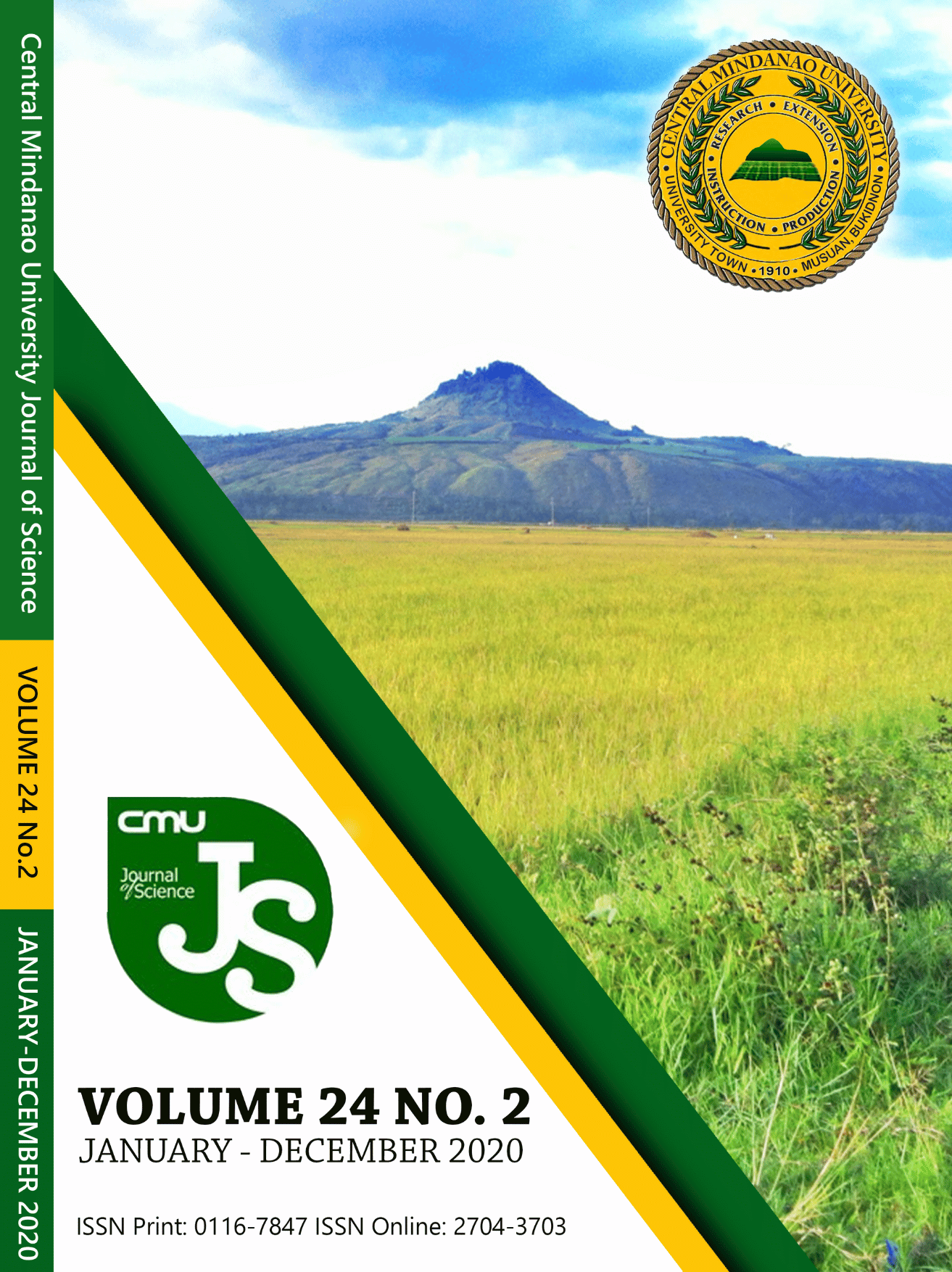Exploring Relations Between Muslim Women Traders and Non-Muslim Clients in Bukidnon: Discerning Strategies for Peace Harmony
DOI:
https://doi.org/10.52751/yjlv1974Keywords:
inter-ethnic relations, Muslim-Christian relations, trading, womenAbstract
While deliberately formulated initiatives on achieving peace in Mindanao are recognized, there may also be latent, unintentional mechanisms that could be derived from mundane, casual social relations. Thus, this study explored the experiences of Maranao women traders in relating with their non-Muslim clients in two selected non-Muslim cities in Bukidnon. As an exploratory study, it employed In-depth Interviews among selected Maranao women traders. Their diaspora in these communities are brought about by economic, socio-political, and climatic factors. They both have negative and positive experiences in relating to their non-Muslim clients. They may have negative responses to the unpleasant treatment by some non-Muslims, but generally, their responses demonstrate both a potential for a multicultural ethnic relation and a sense of agency despite their subordinated position as women, small-scale traders, and ethnic minority. There is also a need for their host communities to raise their level of cultural sensitivity to eliminate prejudices towards Muslims. The study recommends for the LGUs concerned to conduct socio-cultural activities bringing Muslims and non-Muslims together, and ask the big companies to consider advertisement that promote cultural understanding, and to sponsor IECs fostering multi-culturalism. Likewise, curricular program planners are encouraged to embed cultural sensitivity in the curriculum.
Downloads













 LinkedIn
LinkedIn